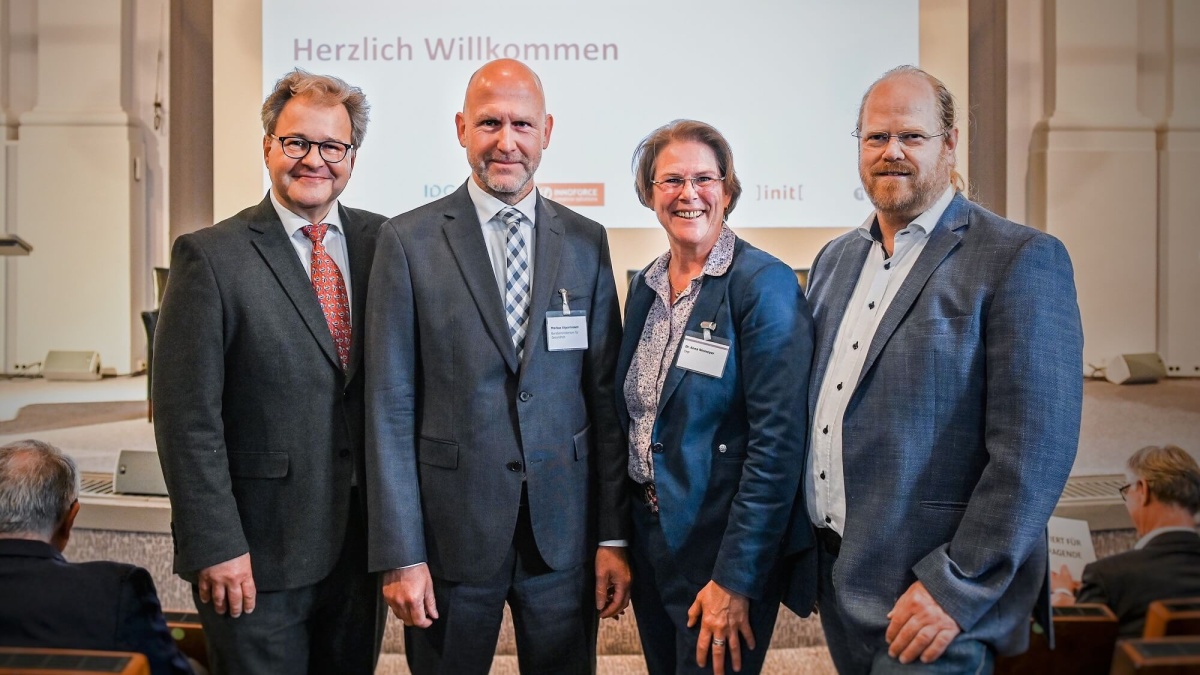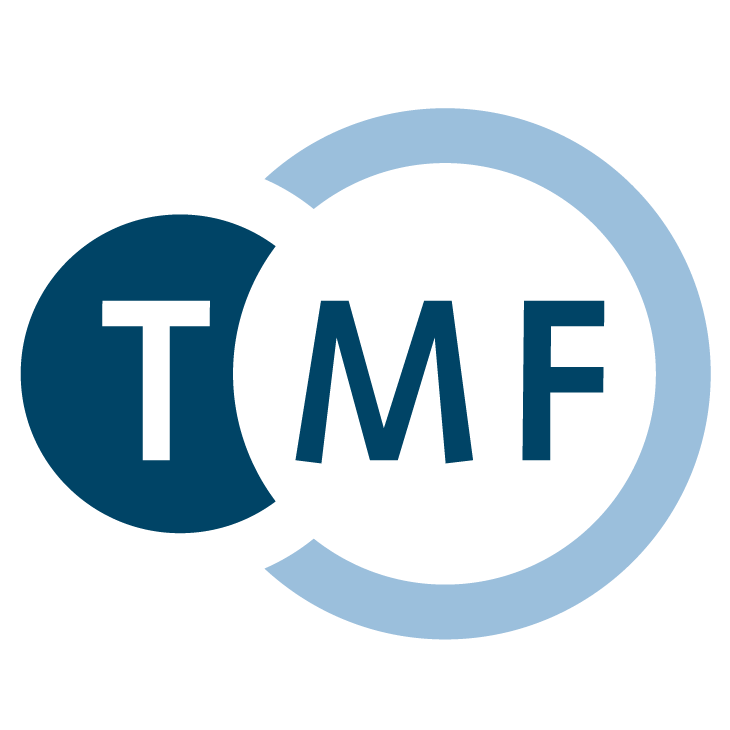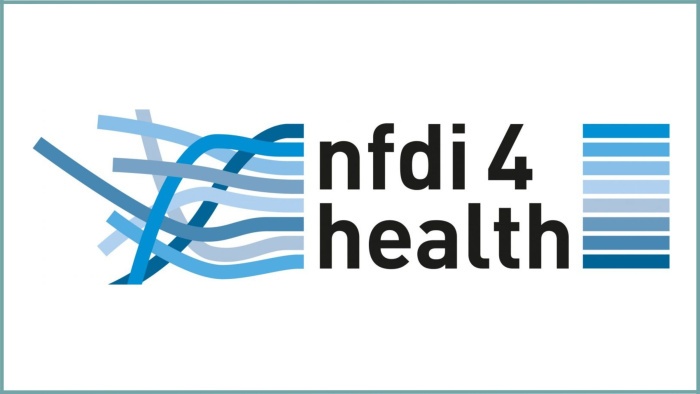Key Points of the Register Act Will Be Discussed at the TMF Health Registry Summit 2023

Ministerial Director Markus Algermissen from the Federal Ministry of Health presented the conceptual key points of the Registry Act expected for autumn 2023 at the conference (from left to right: Sebastian C. Semler (TMF), Ministerial Director Markus Algermissen (BMG), Dr. Anna Niemeyer (TMF), Prof. Dr. Rainer Röhrig (RWTH Aachen University, TMF Board). © TMF
More than 160 experts from the healthcare sector met at the TMF Health Registry Summit in Berlin on May 8-9, 2023. Ministerial Director Markus Algermissen from the Federal Ministry of Health presented the conceptual key points of the registry law expected for fall 2023 at the conference.

"Medical registers play a major role in the digitalization strategy, especially the networking of medical registers with other data," said Algermissen. Registers are part of a networked data ecosystem of healthcare data, which was described in the coalition agreement. The Register Act is intended, in particular, to increase the transparency of registers and their quality, promote standardization, and contribute to better use of register data in Germany. "We assume that the Registry Act will provide significant stimulus for registry research," says the TMF’s Managing Director Sebastian C. Semler, assessing the upcoming development.
Improving the Framework Conditions for Register Research
Medical-scientific registries are increasingly taking on an important, complementary role in evaluating medicinal products, medical devices, and health policy measures. For registries to fulfill this task, certain framework conditions on the part of the legislator and a community-based discourse on the part of the registry operators are indispensable. In addition to reliable points of reference, new financing models are also needed in order to improve the quality of the registry landscape required for the increased use of registry data in the evaluation process of new therapies. Registries need to know where they stand in their development and which quality measures are necessary to increase their usability, e.g., for the evaluation of drugs. Despite the diversity of the registry landscape, the quality and degree of development of a registry must be understandable and transparent. Further developing the maturity model from the BMG registry report is an important first step here.
The TMF Supports and Moderates Registry Development
A central office for medical registers was also announced for the Register Act, which is intended to support the networking of registers and promote the use of existing standards. It can pool and provide knowledge and develop instruments to facilitate the establishment and further development of registers in dialog with register operators.
"As a method platform for networked medical research, the TMF sees it as one of its central tasks to accompany and moderate this political process," says Semler. The TMF registry workgroup, which was founded at the beginning of 2023, will discuss the technical and content-related aspects and develop recommendations for the registry community. It will also offer assistance and orientation in this complex field for all those involved.
More Networking Through Data Exchange
Networking and cooperation between registers are an important basis for using existing human and financial resources more effectively. Cross-register evaluations can be used to identify correlations and answer important questions. A harmonization of data and orientation towards standards are essential for this and connecting to the European Health Data Space. The Register Act, therefore, aims to lay the foundations for facilitating direct data linkage.
"Structures have already been developed in the cancer registry that record oncological data on therapies and progression in a structured and standardized way throughout Germany. In order to get even more out of this data and to be able to link it with other medical registries in a meaningful way, the introduction of a uniform identification number would be the logical next step," says Tobias Harz, Managing Director of the Lower Saxony Cancer Registry and co-spokesperson of the TMF's registry workgroup, emphasizing the great importance of this project.
More Use of Data Through Registry-Based Randomized Studies
A better exchange between registry operators and data users can also promote the use and, thus, the value of registry data. Key requirements for improving the use of data include strengthening registry quality in order to enable registries to conduct high-quality registry-based studies to evaluate treatment approaches. "Excellent healthcare research with medical registries - that should be our goal. To achieve this, we must now take the next step with the Registry Act and promote registry-based randomized trials (RCTs) for therapy comparisons," demanded Thomas Kaiser from the Institute for Quality and Efficiency in Health Care (IQWiG).
Press Contact
Wiebke Lesch, Phone.: +49 30 2200 24731, Mobil: +49 177 2663257
E-mail: presse@tmf-ev.de, Twitter: @tmf_eV
About the TMF Health Registry Summit 2023
The TMF Health Registry Summit is an important platform for the exchange and discussion of current themes and challenges in registry research. The conference shows perspectives on how patient-related registries can develop further against the background of new political and technological framework conditions and thus be used even more beneficially for healthcare research. At the event, experts from science, business, and politics network and exchange views on the latest findings and trends in registry research. They discuss which requirements registries must meet in terms of data quality, harmonization, and interoperability so that the data collections can be used to the maximum for knowledge generation. They also look at possible solutions for financing registries.

About the TMF
The TMF – Technology and Methods Platform for Networked Medical Research e.V. stands for research, networking and digitisation in medicine. It is the umbrella organisation for collaborative medical research in Germany, within which leading researchers exchange knowledge, jointly develop ideas and concepts, and thus shape the future of medical research in the digital age.


